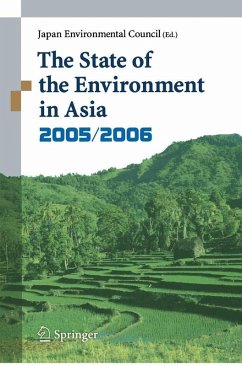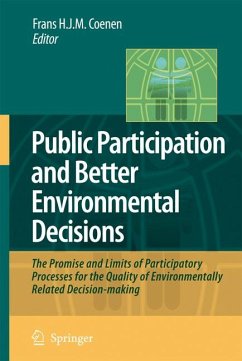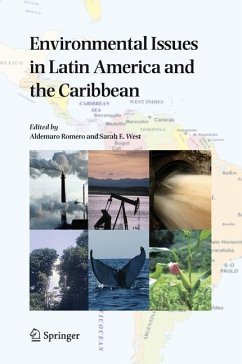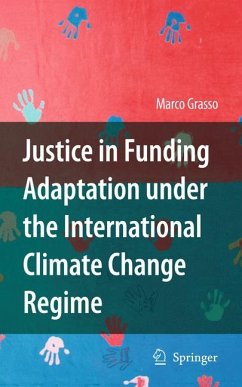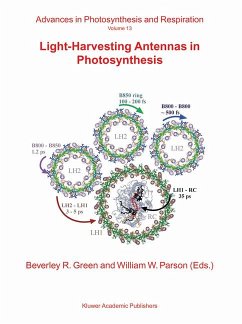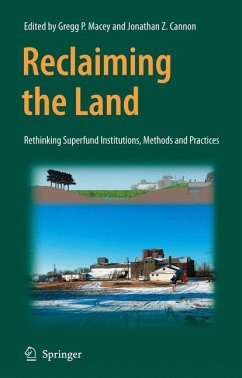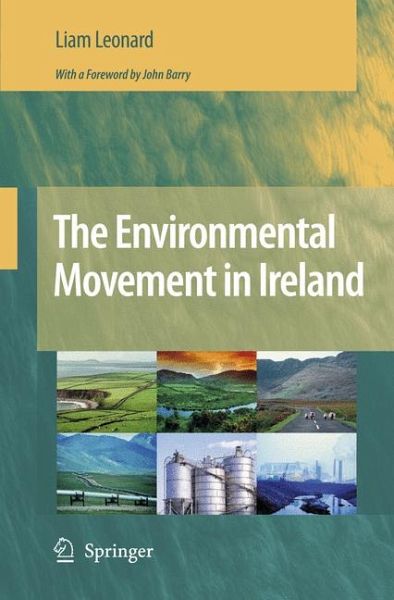
The Environmental Movement in Ireland (eBook, PDF)
Versandkostenfrei!
Sofort per Download lieferbar
72,95 €
inkl. MwSt.
Weitere Ausgaben:

PAYBACK Punkte
36 °P sammeln!
"The Environmental Movement in Ireland" examines key themes in Irish environmental politics, including the main components that have come to define such events, and incidents of environmental collective action in this country during forty years of growth and development. The author analyses the mobilisation and framing processes undertaken in these disputes, locating them in the context of a wider rural identity that has shaped grassroots environmentalism in the Irish case.
Dieser Download kann aus rechtlichen Gründen nur mit Rechnungsadresse in A, B, BG, CY, CZ, D, DK, EW, E, FIN, F, GR, HR, H, IRL, I, LT, L, LR, M, NL, PL, P, R, S, SLO, SK ausgeliefert werden.





